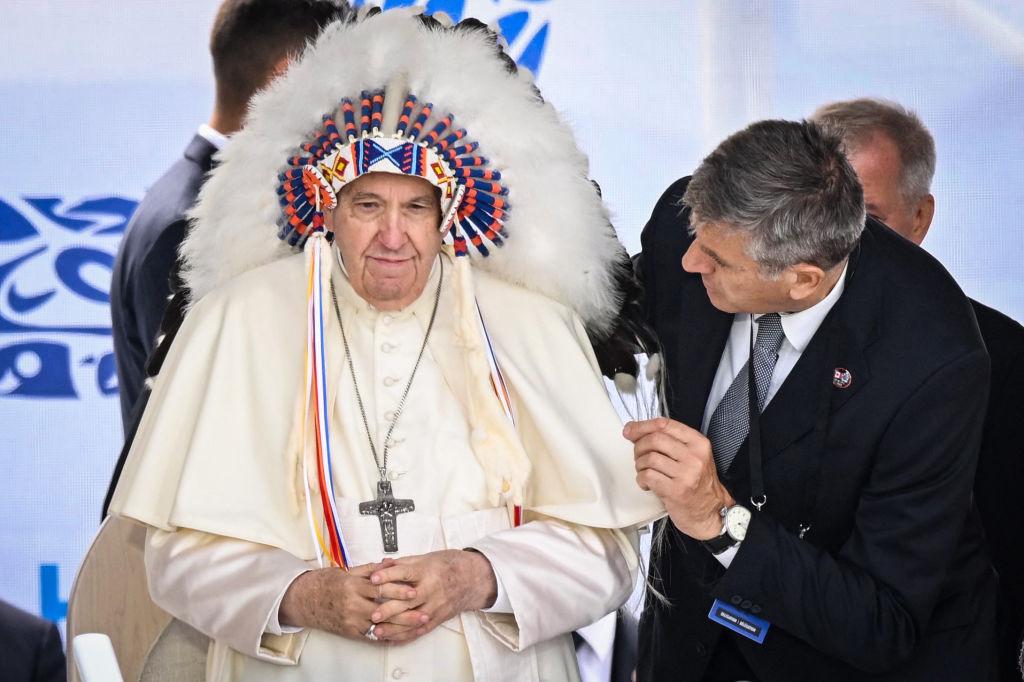Commentary
The apology industry has never been busier. On July 25, Pope Francis offered an apology to the indigenous survivors of Canada’s residential schools, where children suffered “cultural destruction and forced assimilation” promoted by government policy at the time and keenly implemented by the Catholic Church. The Pope called this policy “disastrous” and “evil.”





